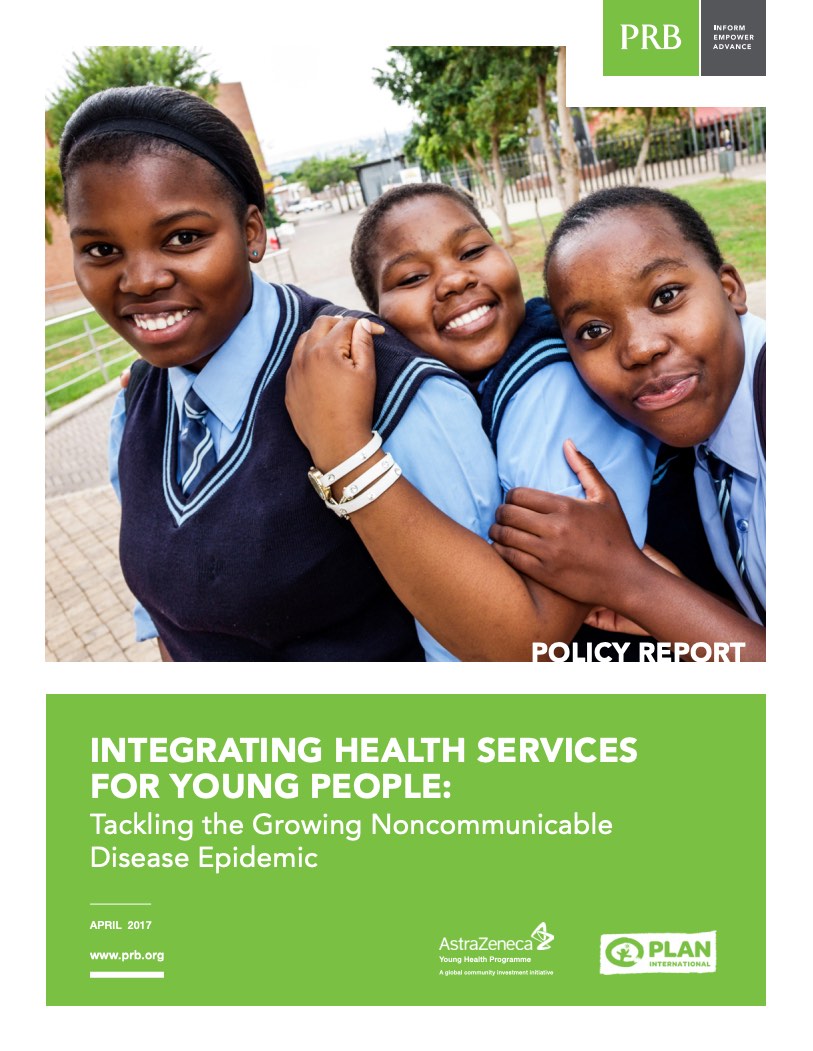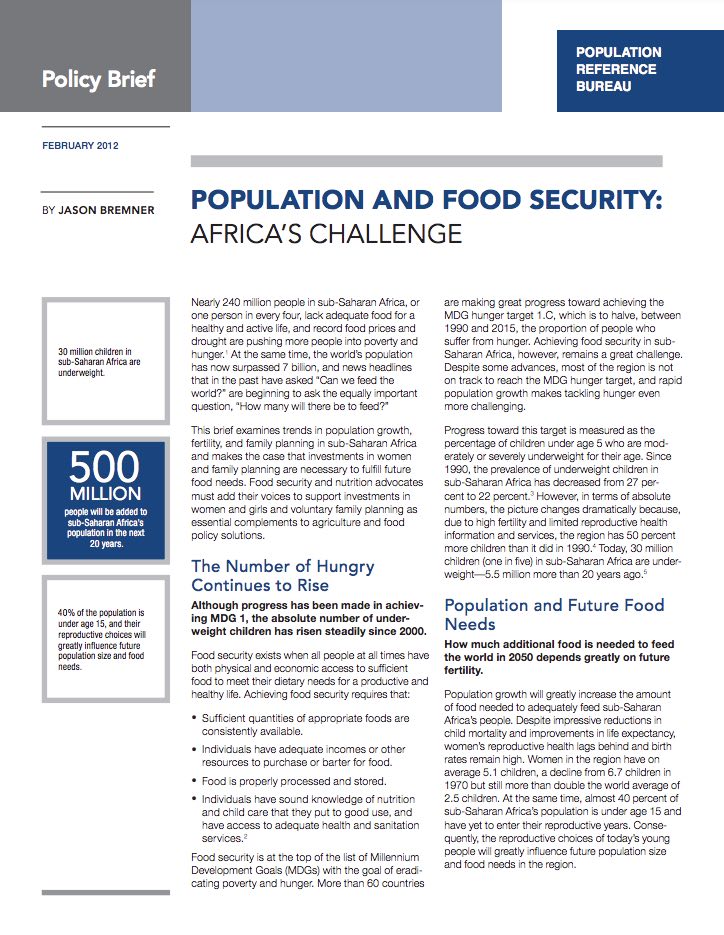Black Women, Gay and Bisexual Men Face High HIV Risks in U.S., Canada
(September 2001) Two decades into the AIDS epidemic in North America, the face of AIDS is darker and increasingly female.
(September 2001) Two decades into the AIDS epidemic in North America, the face of AIDS is darker and increasingly female.
(2013) Despite a free primary education policy introduced by the Kenyan government in 2003, a substantial number of children who should benefit from it are still out of school, even though gains have been made between 1998 and 2009.
(2011) The world's population is growing—and aging. Very low birth rates in developed countries, coupled with birth rate declines in most developing countries, are projected to increase the population ages 65 and over to the point in 2050 when it will be 2.5 times that of the population ages 0-4. This is an exact reversal of the situation in 1950.
(2011) For years, family planning (FP) has been integrated with maternal and child health services (MCH) in countries such as Colombia, Indonesia, Mexico, the Philippines, and Thailand.
(2010) What are the most promising recent new developments in contraceptive research and implementation? What are current priorities in the research and development of new contraceptives? What are some of the new contraceptive technologies currently in the field?

Project: Combatting Noncommunicable Disease Risk Factors in Youth
This policy report argues that integrating noncommunicable disease (NCD) services—particularly those targeted at prevention and early intervention—with other health services for young people can help tackle the growing NCD epidemic in low- and middle-income countries (LMICs).

As our new Senior Fellow, Dr. Jadhav will help PRB explore the global shift to lower fertility—and the implications for health, well-being, and rights.

(2012) Almost two of every three people in sub-Saharan Africa live in a rural area, relying principally on small-scale agriculture for their livelihood. Improving agriculture on small farms is critical to reducing hunger.
(2011) Vouchers are frequently mentioned as a promising alternative finance mechanism to achieve a variety of goals in health systems and reproductive health services. Do vouchers work?